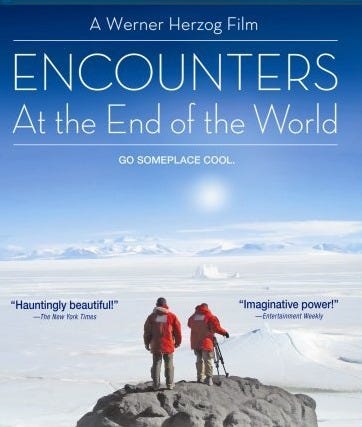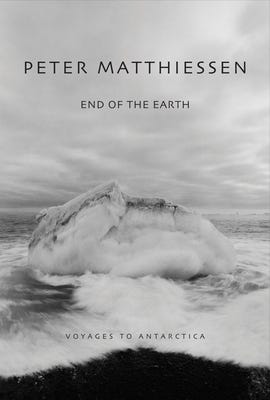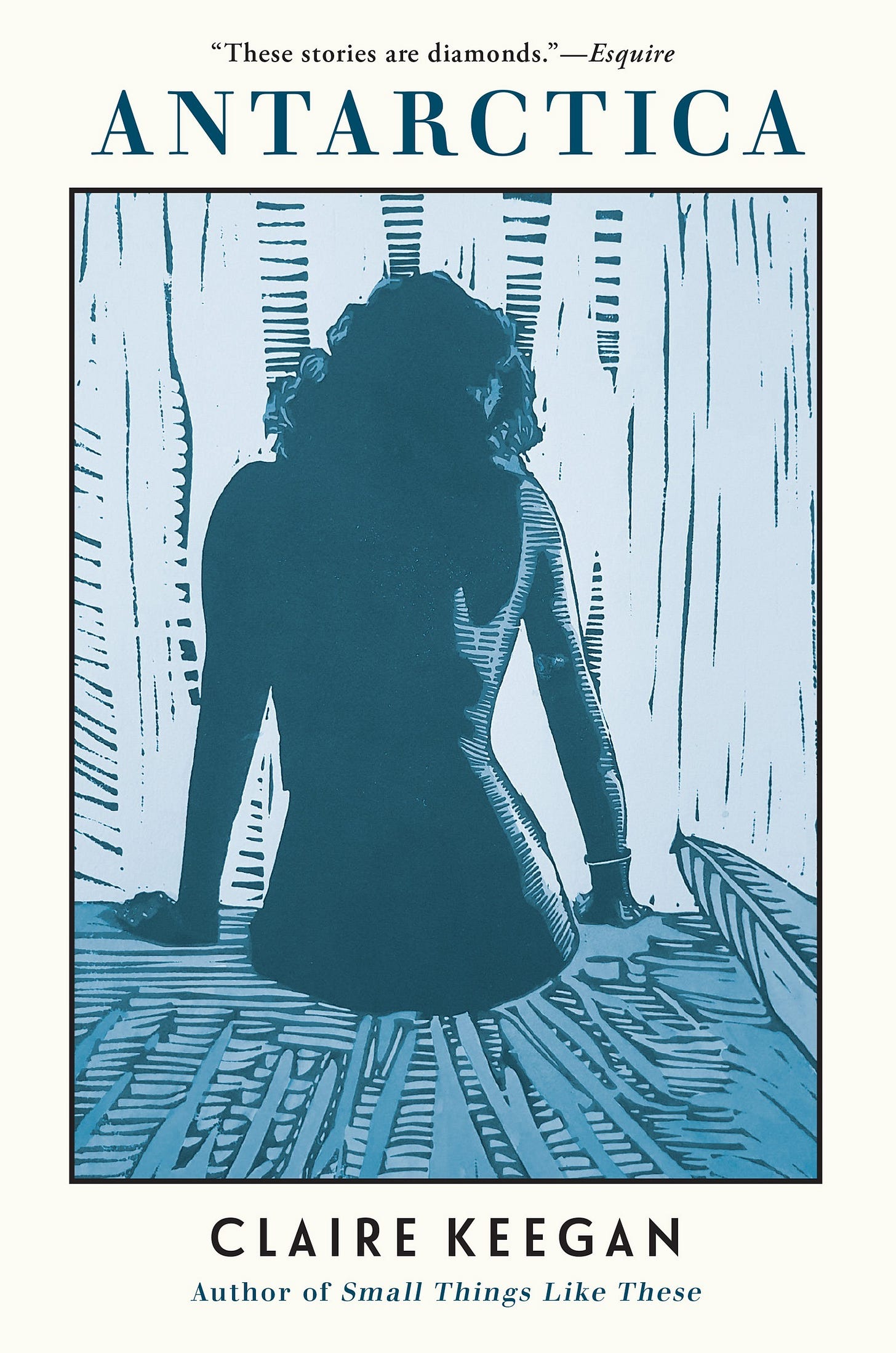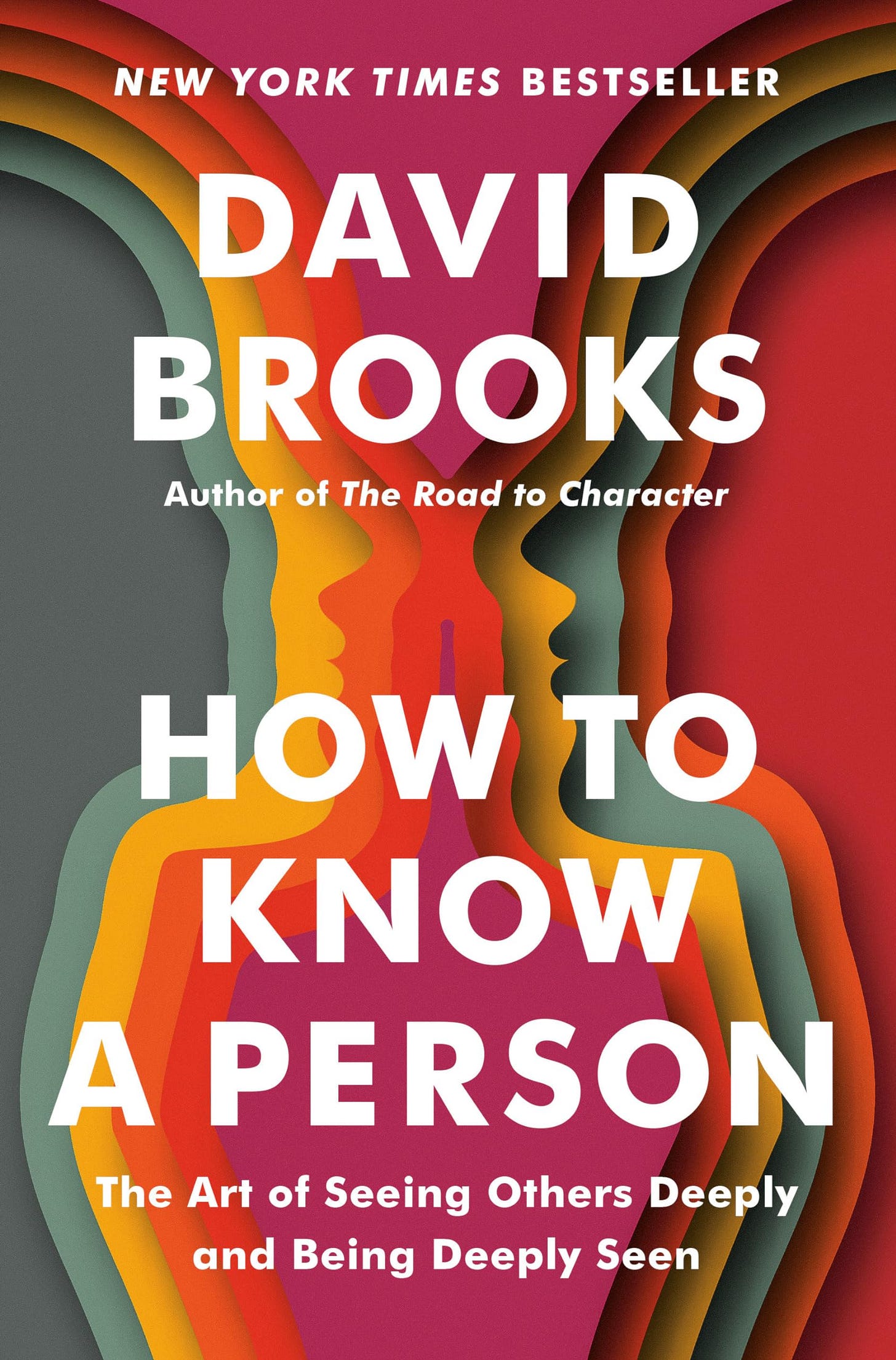Friends,
It’s currently hovering around -40˚ Fahrenheit at the geographic South Pole, a pretty cold summer day even for Antarctica. It’s the last month of their summer though, so temperatures will soon drift back toward the -50s and -60s. A reminder that a good day is relative.
I’m reading a lot about Antarctica these days. It’s a beautiful place. The coldest, highest, and driest continent on earth. Both hellscape and natural wonder.
You haven’t reached the antarctic until you’ve crossed the 60th parallel south. If you’re doing that by ship, that means first fighting your way through the tempestuous seas of the “roaring forties” and the “furious fifties,” where strong westerly winds can churn the ocean into a calamity of 30-foot waves. If you’re departing from South America toward Western Antarctica, the more hospitable side of the continent, you’ll have to navigate the infamous Drake Passage, which extends from around the 50th to the 60th parallel and is among the most dangerous seas on the planet. “Below forty degrees south, there is no law,” goes an old sailor’s expression, “below fifty, there is no God.”
Yet generations of people have been drawn to this inhospitable place. In a fantastic book that combines travel narrative, natural history, and the history of Antarctic exploration, Peter Matthiessen wrestles with the ineffable attractive power that the continent exerts on him and others:
Thus I struggle to find words for such wordless feeling: what draws me eludes me to the same degree, and seeking to understand rather than simply apprehend it may be just the problem.
This elusive quality of the frozen continent may have something to do with its absolute absence, until the twentieth century, of human life. It seems to offer simultaneously a snapshot of a pristine world unspoiled and a canvas for contemplating the end of the world.
The documentary filmmaker Werner Herzog in his own film about Antarctica overlays images of the icy continent with a voice-over that ruminates on civilizational and natural collapse:
For this and many other reasons, our presence on this planet does not seem to be sustainable. Our technical civilization makes us particularly vulnerable. There is talk all over the scientific community about climate change. Many of them agree, the end of human life on this earth is assured. Human life is part of an endless chain of catastrophies, the demise of the dinosaurs being just one of these events. We seem to be next.

The epitome of the wild, natural landscape, a last refuge of freedom from the strictures of a repressive civilization.
The epitome of anarchic chaos and the end of everything.
Antarctica is a fantasy. That may be why Claire Keegan titled the powerfully effecting title story of her recently re-released 1999 debut collection (about a married woman’s decision to seek out an affair), “Antarctica.”
Have you got your own favorite Antarctic-related media? Let me know about it in the comments.
Your friend in reading,
Evan
Becca’s Pick of the Month
Becca’s monthly pick is How to Know a Person by David Brooks.
“I listened to it on a road trip, so it was kind of low stakes,” Becca says. “I guess my one take away is that, like, he talked about how at some point growing up we stop asking people the questions that we want to know about them because we don’t want to pry, we don’t want to be too nosy. But it turns out that people don’t mind answering those questions. People are usually happy to answer anything that you’re curious about, and so asking those questions can create connection.”
A few seconds later she added, “So maybe you don’t even have to read the book if that take-away feels good enough for you.”








Have I told you about my trip to Antarctica when I was in high school? Happy to share the essay I wrote or tell you all about it in person sometime. Was a major lifetime privilege and I’m trying to spread or share what portions of it might be conveyable lol